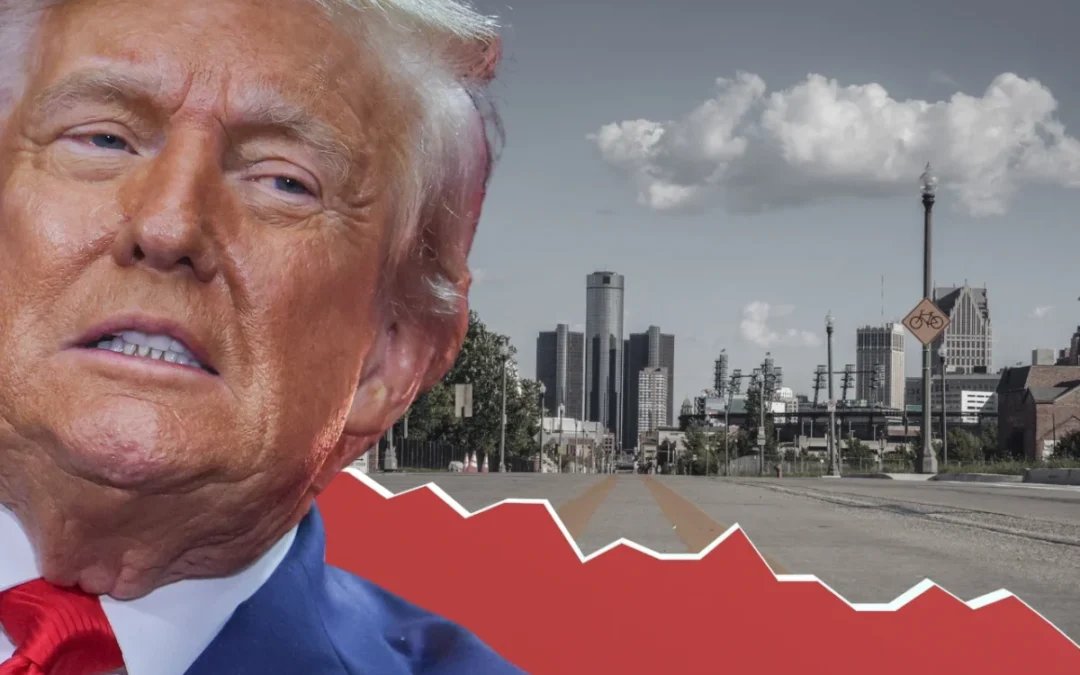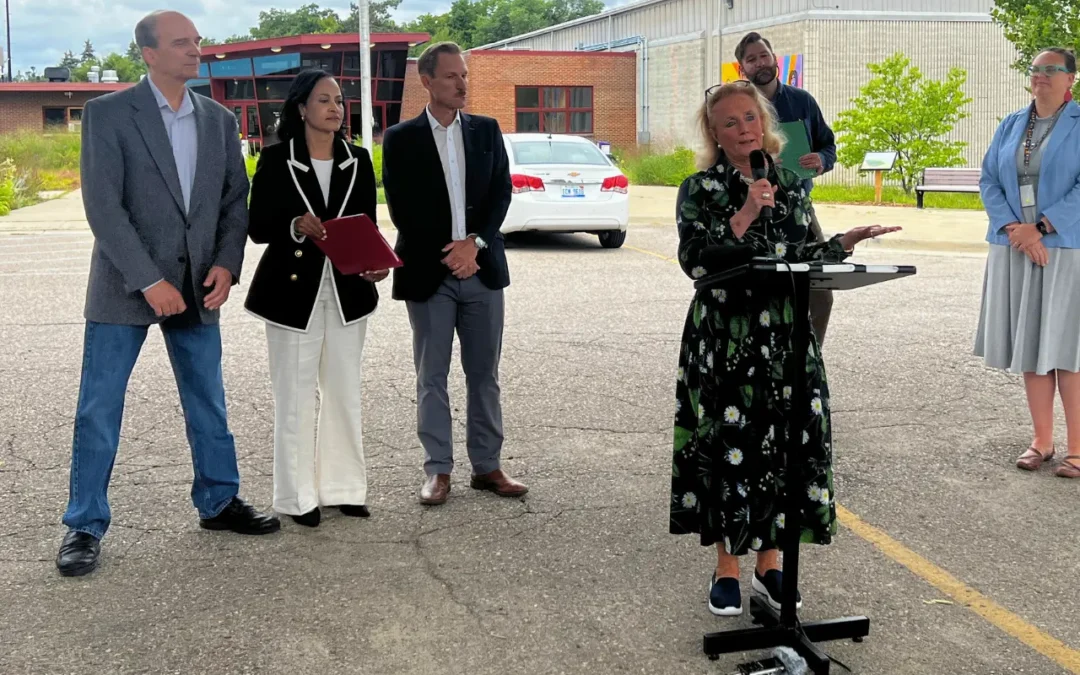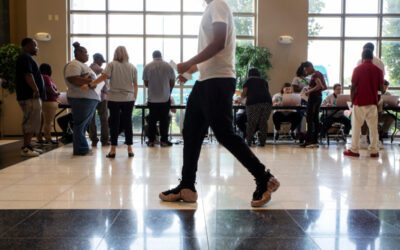
PEXELS Photo
About 25,000 people in the Holland-Kalamazoo region are waiting to hear if Rep. Bill Huizenga will run for reelection in 2026, after he voted to take food benefits away from their families.
President Donald Trump signed his “One Big Beautiful Bill Act” into law on the Fourth of July, immediately setting the table for future struggles and misery for well over 100,000 Michiganders.
The so-called “big beautiful bill” was a “reconciliation bill”—in other words, a fast-tracked budget law. The one Trump passed has also been called the “billionaire bill,” because it cuts taxes for billionaires and the wealthiest people in the US—but Republicans needed to find money elsewhere to offset those tax cuts. They found it in social programs that many qualified Michiganders have signed up for and relied on to put food on the table.
Take, for example, the Supplemental Nutrition Assistance Program. SNAP is a federal government program run by the US Department of Agriculture, providing food-purchasing assistance for low-income individuals and families to help them get enough nutrition. It’s been running in the US under different names since 1939. Nearly 1.5 million Michiganders receive SNAP benefits.
How many people will lose SNAP benefits in Southwest Michigan?
The federal government hasn’t released a district-by-district estimate of exactly how many people will lose SNAP benefits due to cuts from Trump’s billionaire bill, but the Center for Budget and Policy Priorities created an estimate using SNAP data from 2022.
In Michigan’s 4th Congressional District, roughly 25,000 people will lose either all or a portion of their SNAP benefits. The district covers all of Allegan and Van Buren counties, and portions of Ottawa, Kalamazoo, Calhoun, and Berrien counties—including the cities of Holland, Kalamazoo, Portage, Battle Creek, and St. Joseph.
Why break it down by congressional districts? Because each one has a representative in Congress who had to vote yes or no on whether to pass Trump’s “One Big Beautiful Bill Act.”
Rep. Bill Huizenga, a Republican, represents the 4th Congressional District. He voted YES on Trump’s tax bill—to take food benefits away from 25,000 people in his district to pay for billionaire tax cuts. His vote will also result in 15,000 Medicaid enrollees in his district losing coverage, resulting in 47 extra deaths per year, according to the Center for American Progress.
Of the district’s SNAP recipients, around 20,000 people aged 18 to 64 with children in school will lose food assistance. Others include the elderly and veterans in the area.
The Urban Institute has estimated that losing SNAP benefits will cost households in the 10th Congressional District around $159 per month. That’s a tough pill to swallow for many families—especially when combined with other financial impacts of the tax bill, such as yearly Medicaid cuts of around $730 per resident, and higher utility bills to the tune of an additional $110 a year in 2026, and $320 a year within 10 years.
Michigan currently absorbs half of SNAP’s administrative costs, and the federal government picks up the other half. The state will now need to absorb 75% of the administrative costs starting in fiscal year 2027.
Because of this, the Michigan Budget Office projected that the state budget will see a gap of around $900 million per year for SNAP by 2029.
What else to know about the 4th Congressional District
Rep. Huizenga’s a career politician who’s served in office since January 2003. His tenure has seen recurring allegations of ethical misconduct and campaign finance violations, casting a controversial shadow over his career.
A Trump loyalist, Huizenga had considered running for US Senate next year. A recent conversation with Trump, however, convinced Huizenga not to run, leaving the field open for Republican Mike Rogers. Trump reportedly encouraged Huizenga to instead run for reelection in the 4th District, as it’s a competitive region in Michigan and Republicans don’t want to lose it. Trump has taken similar steps across the country, asking vulnerable incumbents to remain in the House instead of running for higher office.
Huizenga won his 2024 election by roughly 50,000 votes—but after voting to take benefits away from thousands of constituents this year, he may find himself in a very different race next fall.

Trump’s tariffs cost Michigan another 300 manufacturing jobs—and a $50M factory deal
Michigan workers were promised more jobs under President Donald Trump’s tariffs. Instead, they’ve been losing them. MICHIGAN—A plan to bring 325 new...

Nessel seeks to slash DTE half-billion-dollar rate hike request by 75%
BY BEN SOLIS, MICHIGAN ADVANCE MICHIGAN—Attorney General Dana Nessel filed testimony on Friday in DTE Energy’s latest rake hike request, which is...

Michigan leaders say Trump’s hatred of clean energy will hike utility bills, kill jobs
Clean energy advocates say President Donald Trump’s “One Big Beautiful Bill Act” is raising utility costs, canceling solar projects, and putting...

Here’s how many Michiganders in Flint and the Tri-Cities will lose SNAP benefits in 2025—and the elected politician who tried to stop it
Trump’s tax bill will take around 46,000 people off SNAP in Michigan’s 8th Congressional District. Rep. Kristen McDonald Rivet voted against it....

Here’s how many Michiganders in Macomb and Oakland counties will lose SNAP benefits in 2025—and the elected politician who made it happen
The representative who voted to take away food benefits from around 36,000 people in his district plans to run for governor. President Donald Trump...





